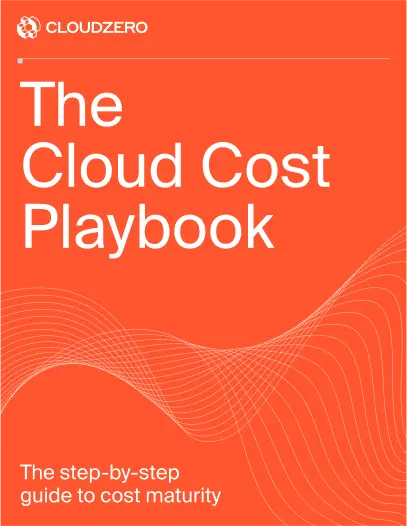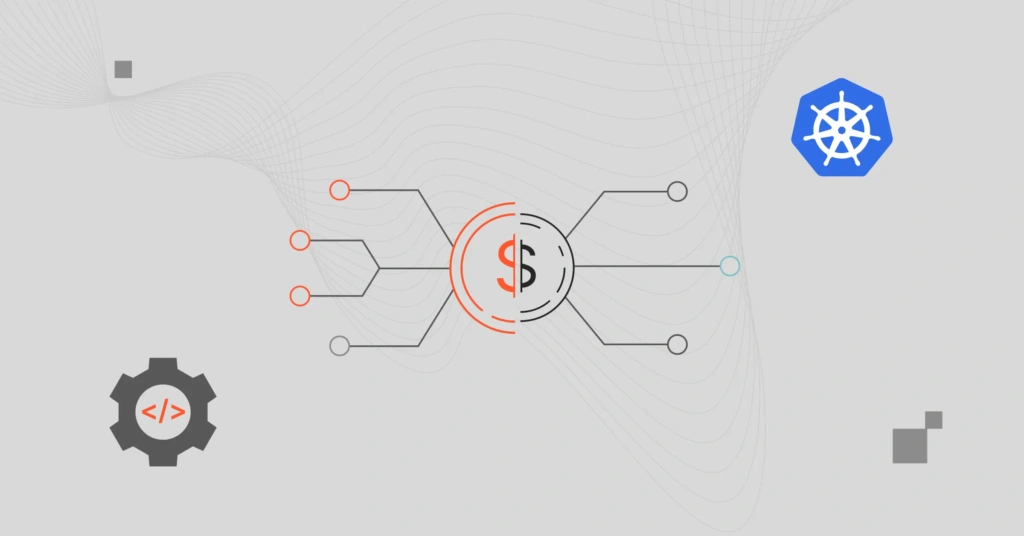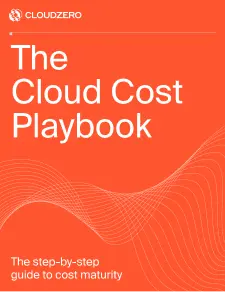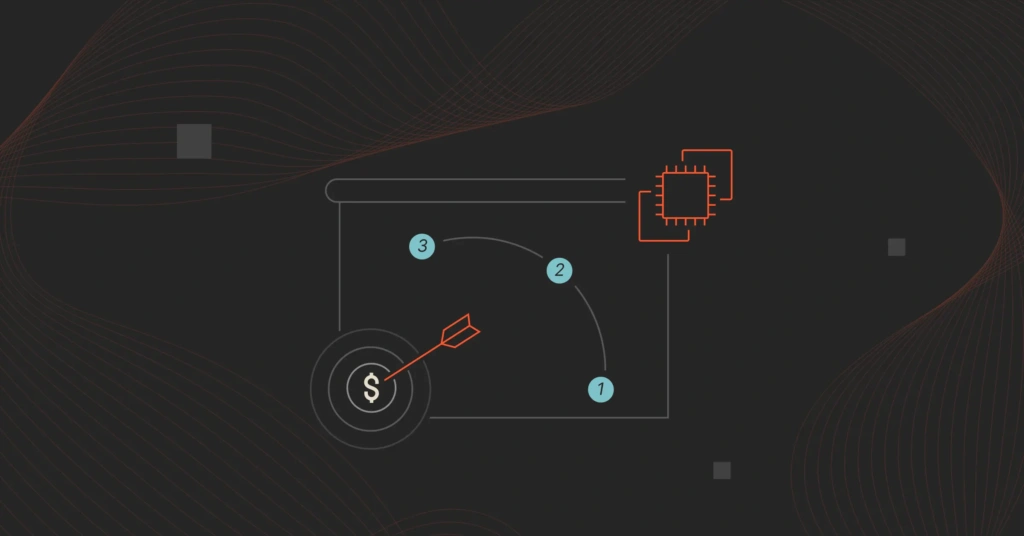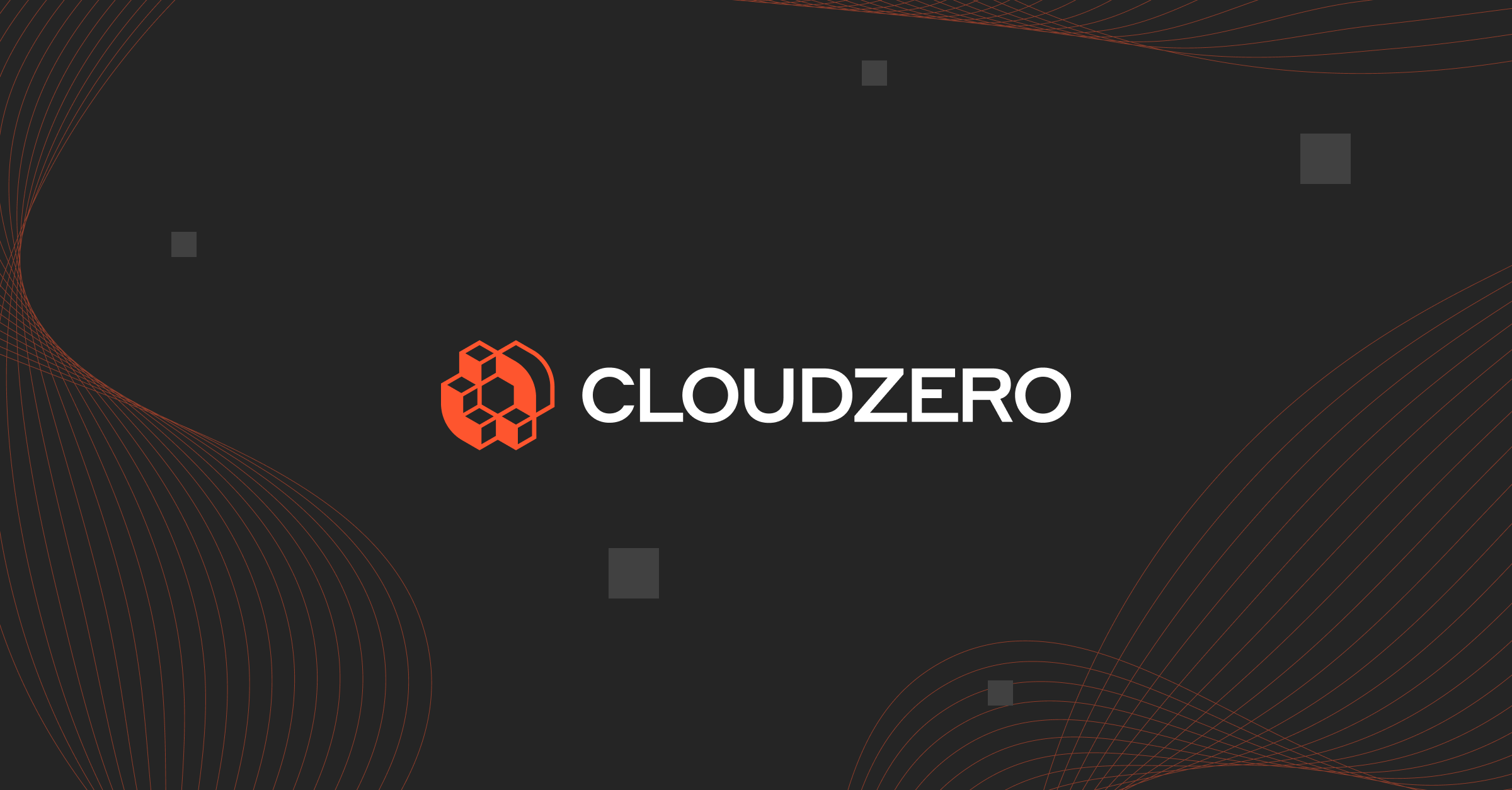Kubernetes has emerged as a pivotal force in shaping modern cloud infrastructure. Originating as a brainchild of Google, Kubernetes has evolved into an open-source platform that has revolutionized how applications are deployed, scaled, and managed across a vast network of machines. Its ability to orchestrate containerized applications efficiently makes it an indispensable tool within cloud computing.
However, with great power comes great responsibility, particularly in the realm of cost management. As Kubernetes environments grow in complexity and scale, the challenge of managing costs becomes increasingly prominent.
Navigating the intricate balance between optimizing resource utilization and controlling expenditure is crucial for businesses looking to leverage Kubernetes effectively. Mismanagement of resources in such dynamic environments can lead to escalated costs, negating efficiency gains that Kubernetes promises.
In response to these challenges, emerging trends in Kubernetes cost management are evolving, promising new strategies and insights for maintaining cost-effectiveness in this ever-changing landscape. These trends signal a shift towards a more sophisticated, integrated approach to cost control, ensuring that Kubernetes enhances technical performance and drives financial optimization in cloud computing.
Let’s look at some of the more significant trends within this realm and how they will impact the industry’s future.
Advancements In AI And Machine Learning
AI and machine learning are being rapidly integrated into our everyday lives; Kubernetes is no exception. These advancements transform how costs are managed within a cluster environment.
AI and ML can be used to offer a robust cost management overview, enabling more intelligent, data-driven decisions. They excel in predictive analytics, using historical data to forecast future resource utilization and associated costs, aiding in proactive planning and budgeting.
A key area where AI and ML are making strides is in the automation of cost optimization processes. These technologies can continuously monitor resource usage, automatically adjust allocations, and even preemptively scale resources up or down based on predictive models.
This level of automation streamlines operations and significantly reduces the likelihood of human error and inefficiency.
The potential benefits of incorporating AI and ML into Kubernetes, specifically within cost management, are substantial. They promise enhanced accuracy in cost predictions, improved resource utilization, and higher overall cost savings.
However, these advancements are not without challenges. Integrating AI and ML into existing systems can be complex, and there’s a need for continuous refinement of algorithms in order to adapt to cloud environments that constantly change.
Despite these challenges, the integration of AI and ML is poised to bring a new era of efficiency and precision in cloud computing.
The Rise Of FinOps And Collaborative Cost Management
Another significant trend is the rise of FinOps and collaborative cost management.
FinOps, or financial operations, is a business discipline that combines financial, business, and operational principles to drive cost accountability in cloud spending. Its relevance to Kubernetes stems from the need for more structured financial control in environments where cloud resources can rapidly scale, leading to unpredictable costs.
The introduction of FinOps into Kubernetes management underscores the importance of cross-functional collaboration. It involves bringing together finance, operations, and development teams to create a shared understanding of costs and value.
This collaborative approach ensures that decisions about resource utilization, scaling, and optimization are made with operational and financial efficiency in mind.
Implementing FinOps impacts an organization’s structure and culture by promoting a more holistic view of cloud expenditure. It encourages transparency, accountability, and continuous improvement in cost management practices. This shift can lead to better resource planning, more predictable budgeting, and reduced waste.
Looking ahead, FinOps is poised to become an integral part of Kubernetes cost management strategies. As Kubernetes environments continue to grow in complexity, the principles of FinOps will play a crucial role in ensuring that organizations can leverage the benefits of a containerized environment without succumbing to uncontrolled costs.
Kubernetes Native Tools And Ecosystem Developments
Kubernetes’ native ecosystem naturally helps address the complexities of cost management within a containerized environment. These tools continuously evolve to provide more nuanced insights into resource utilization and cost analysis.
Enhanced capabilities in these tools allow for more accurate tracking of resource consumption, enabling engineers to pinpoint inefficiencies and optimize resource allocation effectively.
One of the key advancements in this space is the enhancement of resource utilization and cost analysis tools. These tools are becoming more sophisticated, offering detailed breakdowns of costs associated with different Kubernetes services and activities. This granularity helps identify and address specific areas where costs can be reduced without impacting performance.
Along with this, the Kubernetes ecosystem is seeing a rise in emerging plugins and integrations with various cloud providers. These integrations facilitate seamless management of resources across multiple cloud environments, allowing for a more unified view of costs and usage. By integrating with a provider’s native tools, Kubernetes can leverage provider-specific cost optimization and management features.
Looking to the future, we can expect continued innovation in this area, with potential advancements like more predictive cost management models and even tighter integration with cloud services. Along with simplifying the management of resources, these advancements will also provide more proactive approaches to controlling and optimizing costs.
CloudZero: A Game Changer In Kubernetes Cost Management
CloudZero stands out as a game-changing platform in the arena of cost management. Designed to allow for seamless integration into Kubernetes, CloudZero offers a comprehensive suite of features that enhance the capabilities of AI/ML, FinOps, and Kubernetes native ecosystem, providing unparalleled insights into cost analysis and optimization.
CloudZero’s innovative approach leverages AI and machine learning advancements to offer predictive analytics for resource utilization and costs within Kubernetes environments. This integration enables businesses to forecast their spending more accurately and plan their budgets more effectively.
The platform automates the process of cost optimization, continuously monitoring resource usage, and suggesting adjustments to maintain cost-efficiency without compromising on performance.
Furthermore, CloudZero aligns perfectly with the principles of FinOps. It facilitates cross-functional collaboration by providing a common platform where finance, operations, and development teams can converge to understand and manage costs. This collaboration is crucial in Kubernetes environments, where the need for a balance between operational efficiency and financial prudence is paramount.
CloudZero also complements the native tools inherent in a cluster. It enhances resource utilization and cost analysis tools by providing more granular insights and integrates seamlessly with various cloud providers. This integration not only simplifies resource management across different cloud environments but also enables leveraging specific cloud provider features for cost optimization.
In summary, CloudZero is set to be a cornerstone in the future of containerized applications. It encapsulates the advancements of AI/ML, the collaborative essence of FinOps, and the strength of the Kubernetes native ecosystem, offering a comprehensive solution for managing costs effectively.
As these environments evolve, CloudZero is poised to offer innovative and adaptive solutions catered to Kubernetes infrastructure. Don’t get left behind –  to see how CloudZero can take your business to the next level!
to see how CloudZero can take your business to the next level!
